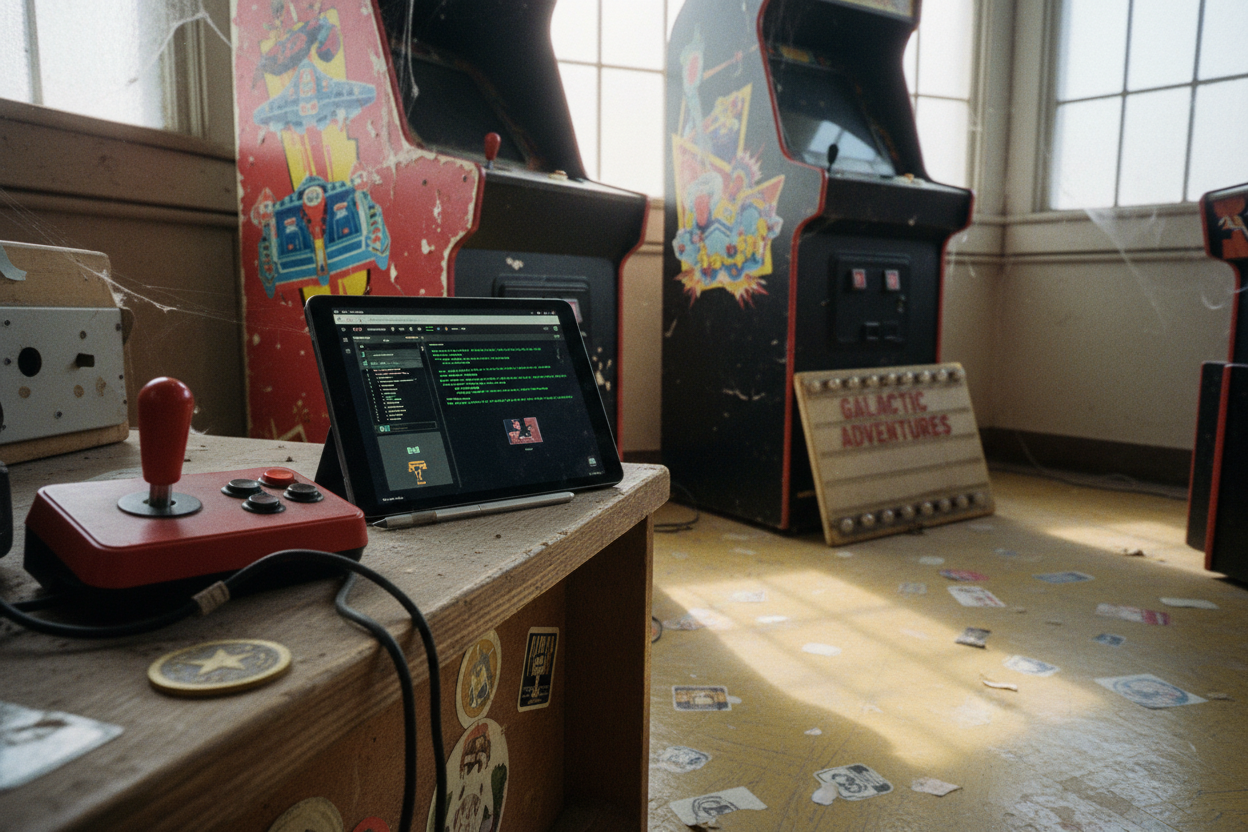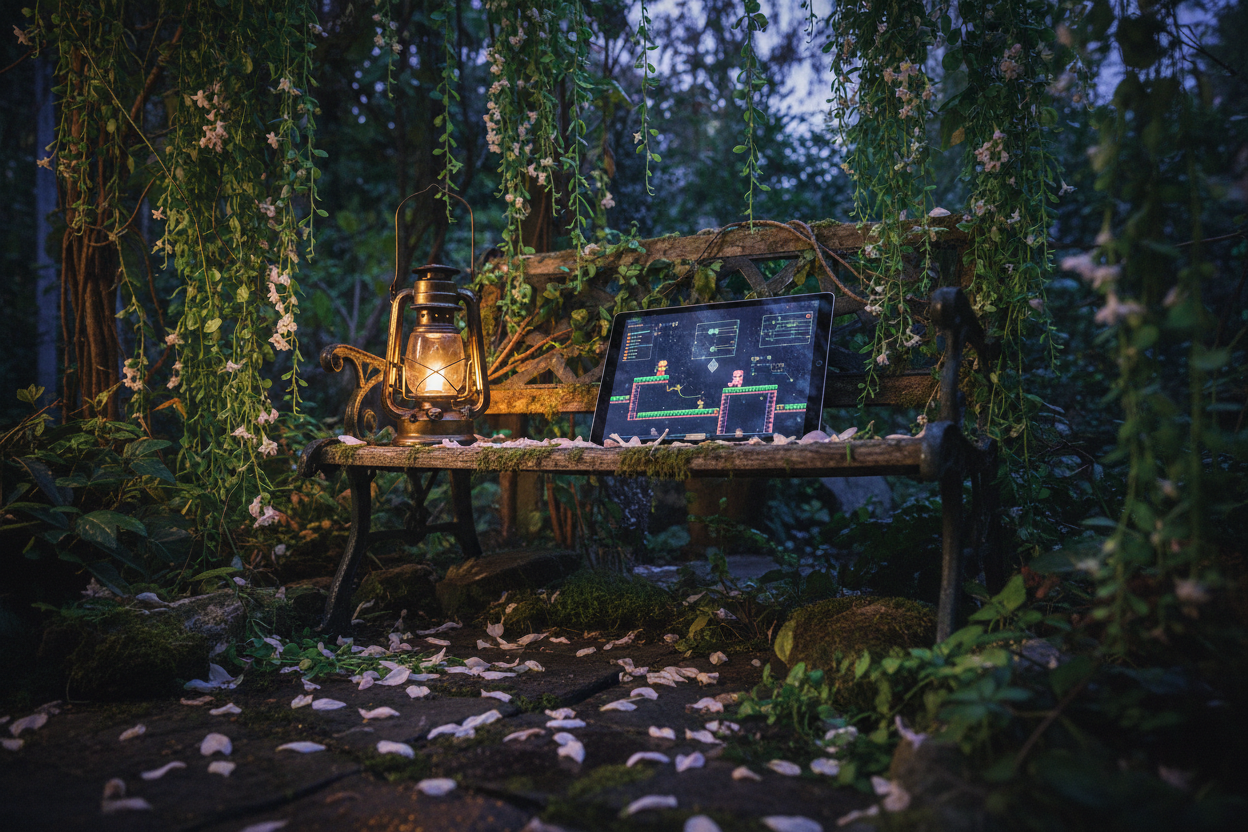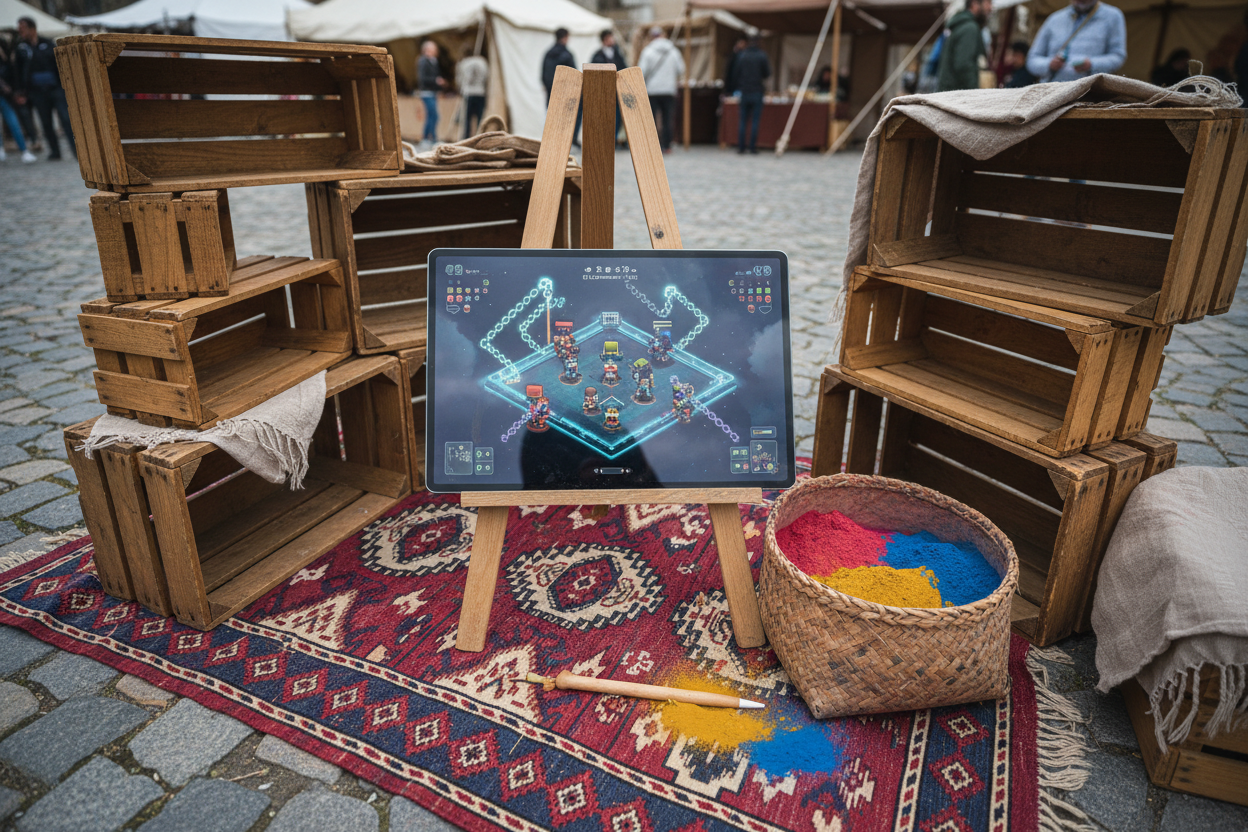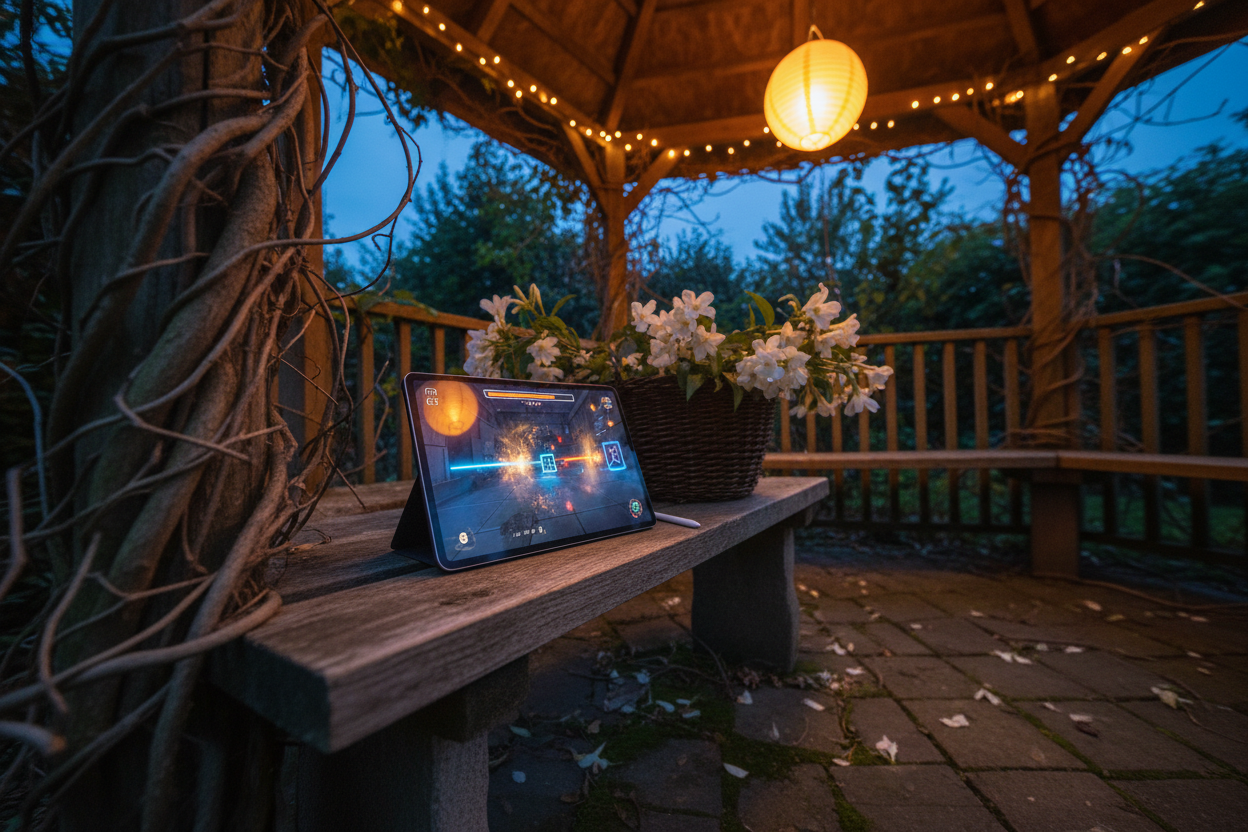Party Game Frameworks for On-Chain Worlds: How DevbuddyStudio’s Template Is Powering Remixable Blockchain Minigames

On-chain party games are having a moment, and it’s not just hype. Thanks to the Ultimate Party Game Template from DevbuddyStudio, which just scored a $100,000 Grand Prize at the Open Source Champions competition, remixable blockchain games are now easier to build, launch, and customize than ever before. If you’ve been watching the on-chain gaming space, you know that modular frameworks are the new gold standard – empowering devs to ditch boilerplate headaches and focus on what matters: gameplay, community, and tokenized fun.

Why Modular On-Chain Frameworks Are a Game Changer
Let’s be real: most indie teams and solo devs have stayed away from on-chain games because the learning curve is brutal. Smart contracts, token economies, decentralized leaderboards – it’s a lot to juggle. But DevbuddyStudio’s template flips the script. With prebuilt modules for everything from wallet integration to NFT rewards, it lets you remix or spin up a blockchain minigame with minimal friction. The result? More creators can build remixable worlds that plug directly into the Web3 party game scene.
This isn’t just theory – we’re seeing it in action. The template supports a variety of genres (think puzzles, action, trivia) and handles the blockchain plumbing so you can focus on unique mechanics or viral social features. It’s open source, so anyone can fork it and iterate fast. No wonder platforms like Meta Horizon are pushing their own remixable world features as well.
The Rise of Remixable Worlds in Blockchain Gaming
Remix culture has always been at the heart of gaming communities. Now, with frameworks like DevbuddyStudio’s leading the charge, we’re seeing a new wave of remixable worlds where creators can clone, edit, and redeploy games with their own twists – all secured by smart contracts. This is more than just modding; it’s about composability at the protocol level.
“The Ultimate Party Game Template makes blockchain minigame development feel as accessible as building with Lego blocks. “
Top 5 Features of DevbuddyStudio’s Party Game Framework
-
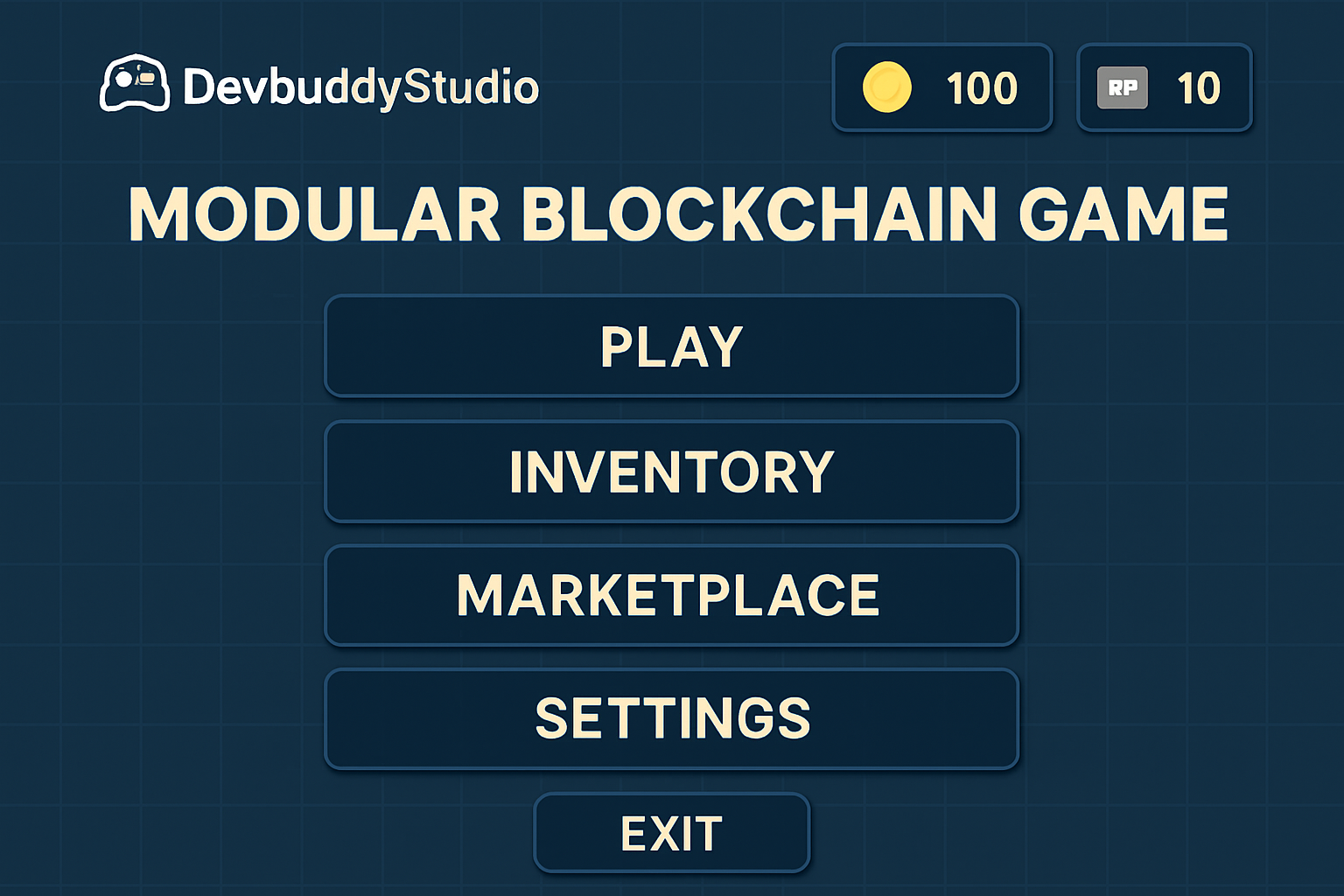
Modular Game Architecture: The template’s modular design lets developers mix and match pre-built components, making it easy to create and customize a wide range of on-chain minigames.
-
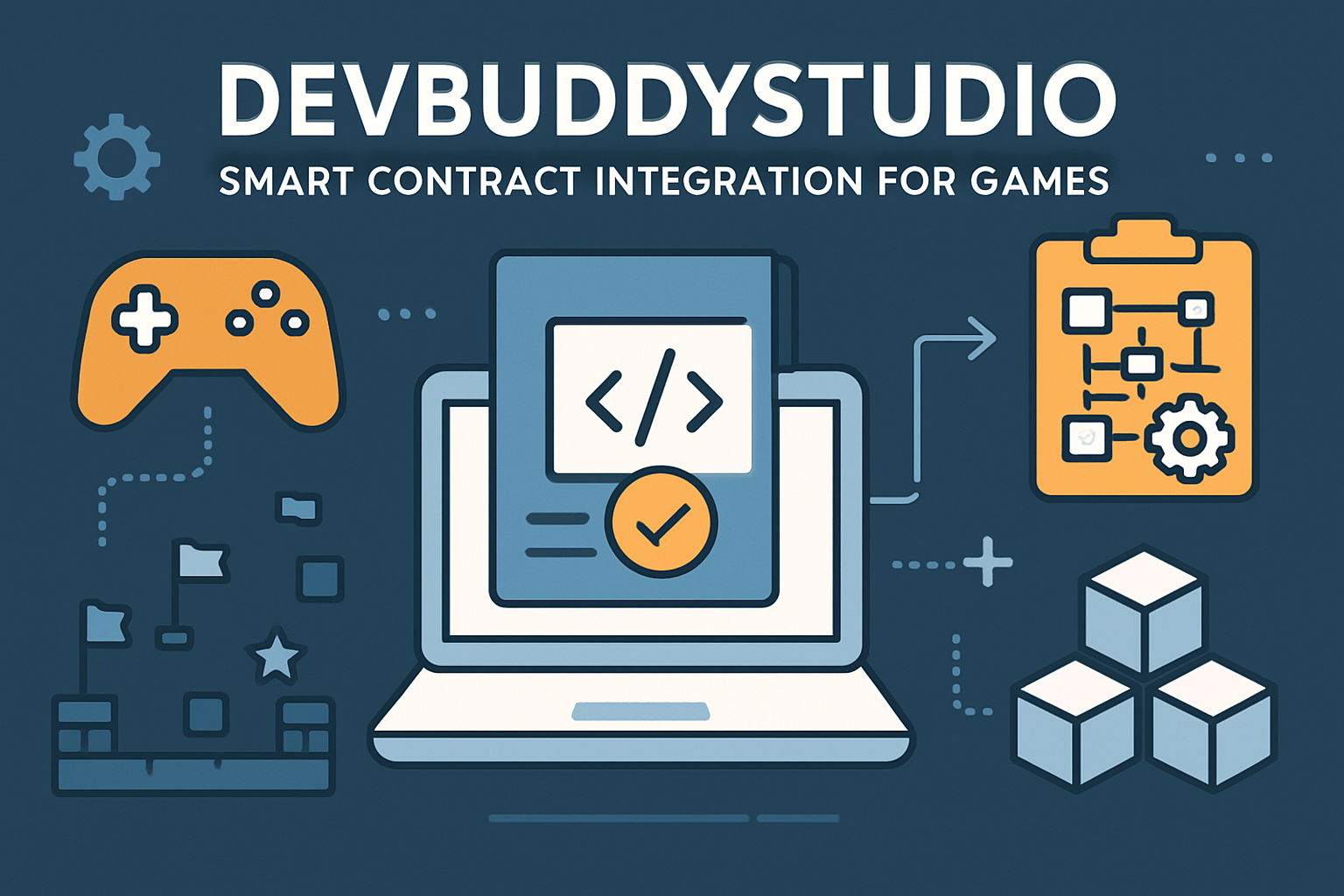
Seamless Smart Contract Integration: Built-in support for blockchain smart contracts streamlines the process of adding on-chain logic, from gameplay mechanics to asset management.
-
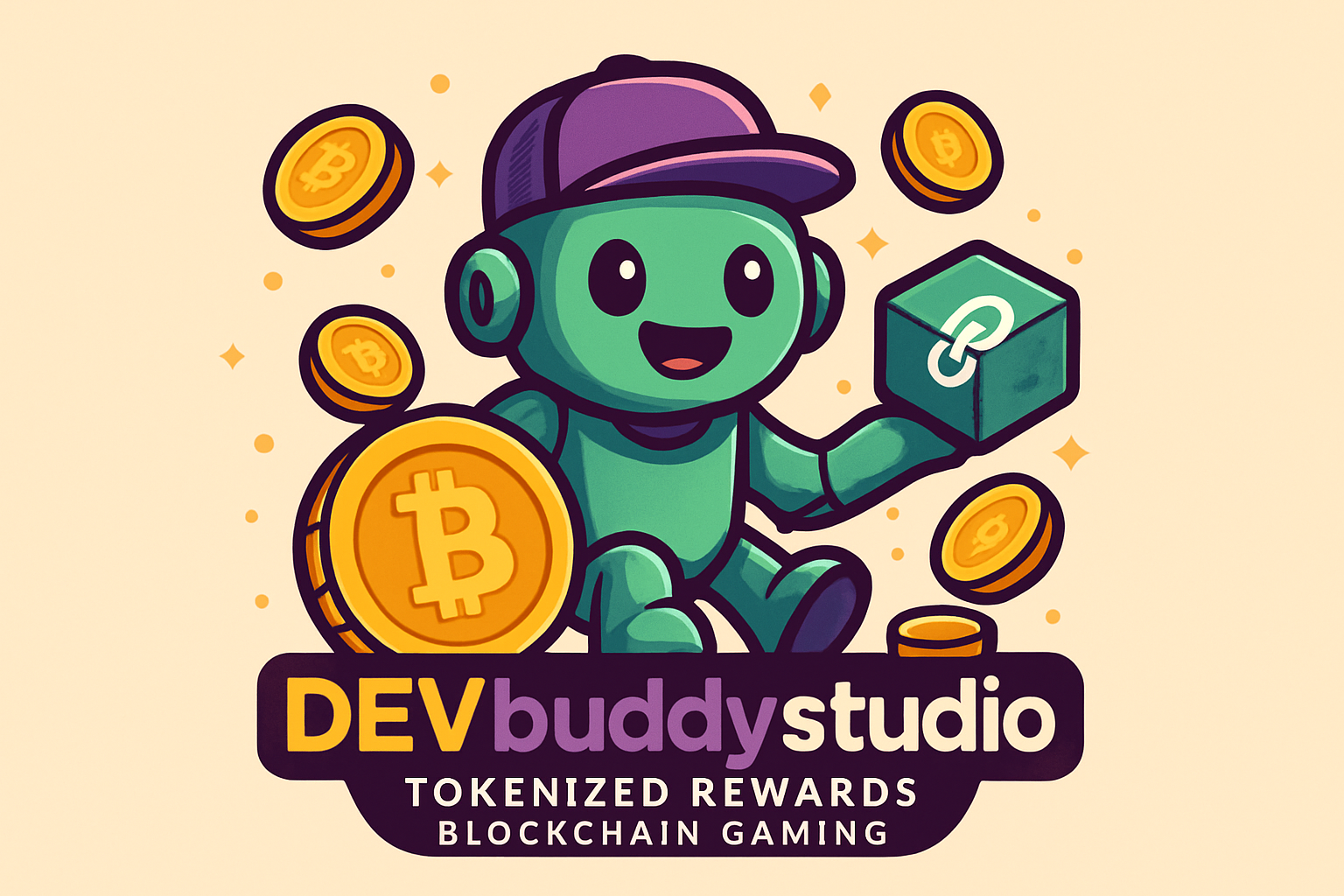
Tokenized Rewards System: Developers can easily implement token-based incentives, enabling players to earn and trade digital assets as part of the gaming experience.
-
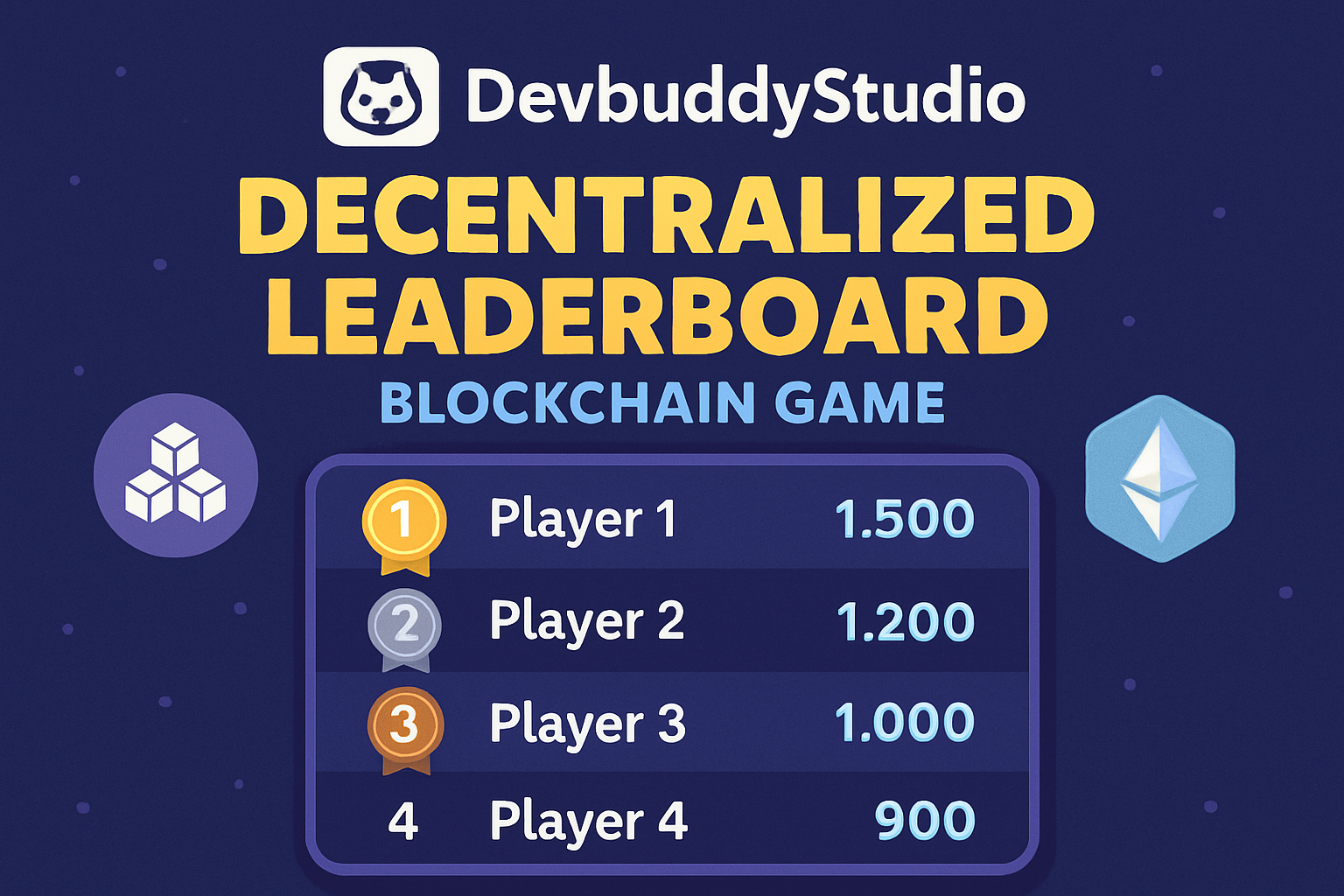
Decentralized Leaderboards: The framework features on-chain leaderboards, ensuring transparent, tamper-proof rankings and fostering healthy competition among players.
-
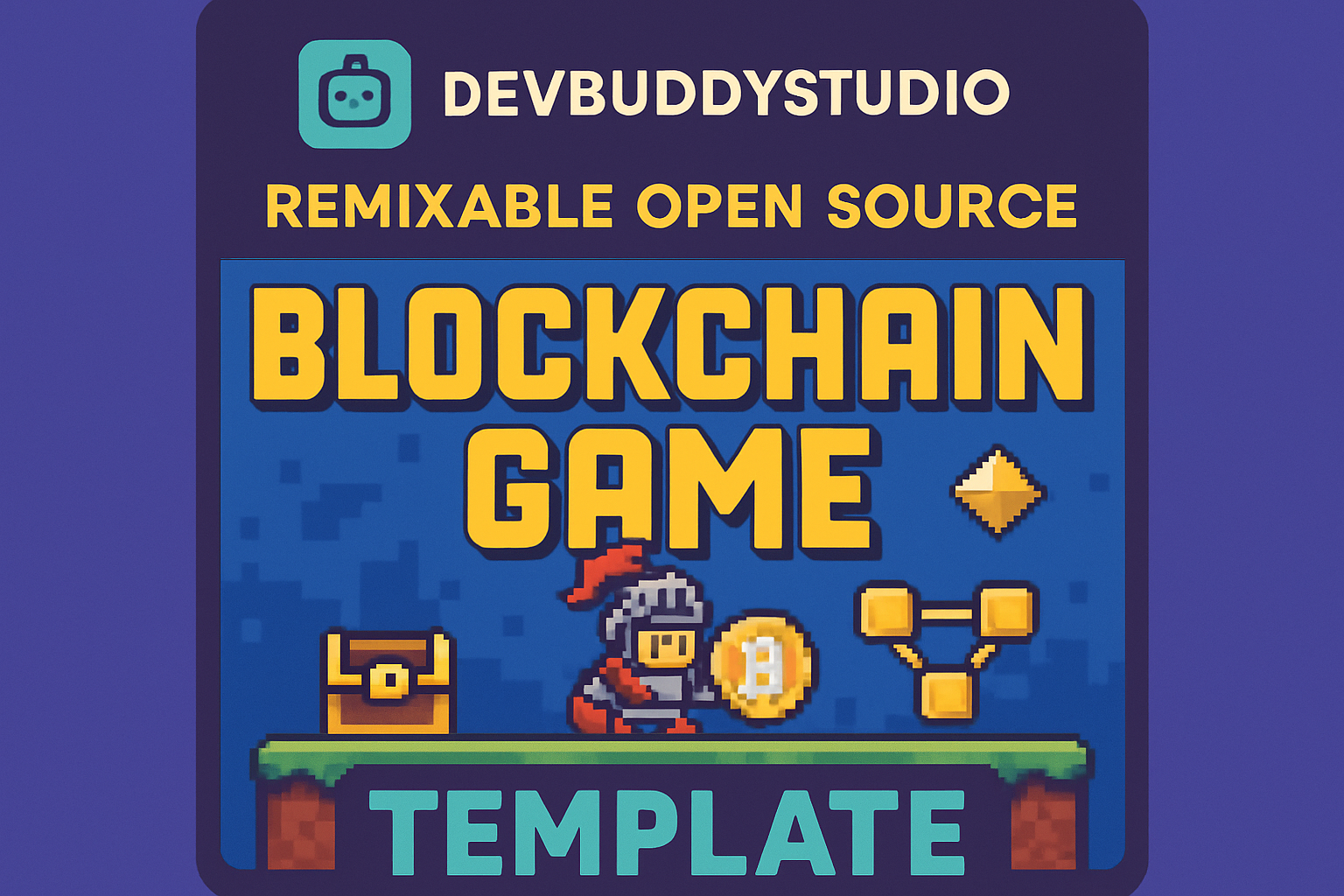
Remixable & Open Source Friendly: Inspired by remixable worlds, the template is designed for easy cloning and editing, empowering creators to build upon each other’s work and accelerate innovation.
The competition is heating up too. BOOM DAO is running hackathons for Unity devs to build minigames using its ICP-powered templates (see details here). Over at Pippit, businesses and creators are leveraging mini-game templates to boost engagement (check it out here). Everyone wants a piece of that interactive pie – and templates like these are making it possible.
How DevbuddyStudio’s Template Lowers Barriers for On-Chain Minigame Development
The technical hurdles to launching an on-chain game used to be sky-high. But DevbuddyStudio’s framework offers:
- Plug-and-play smart contract modules
- Tokenized reward systems
- Decentralized leaderboards
- Customizable UI/UX templates
- Open-source extensibility
This means even non-blockchain-native devs can get involved without months of Solidity bootcamps. Plus, by standardizing interfaces between game logic and chain interactions, it’s much easier to collaborate or remix projects across teams.



